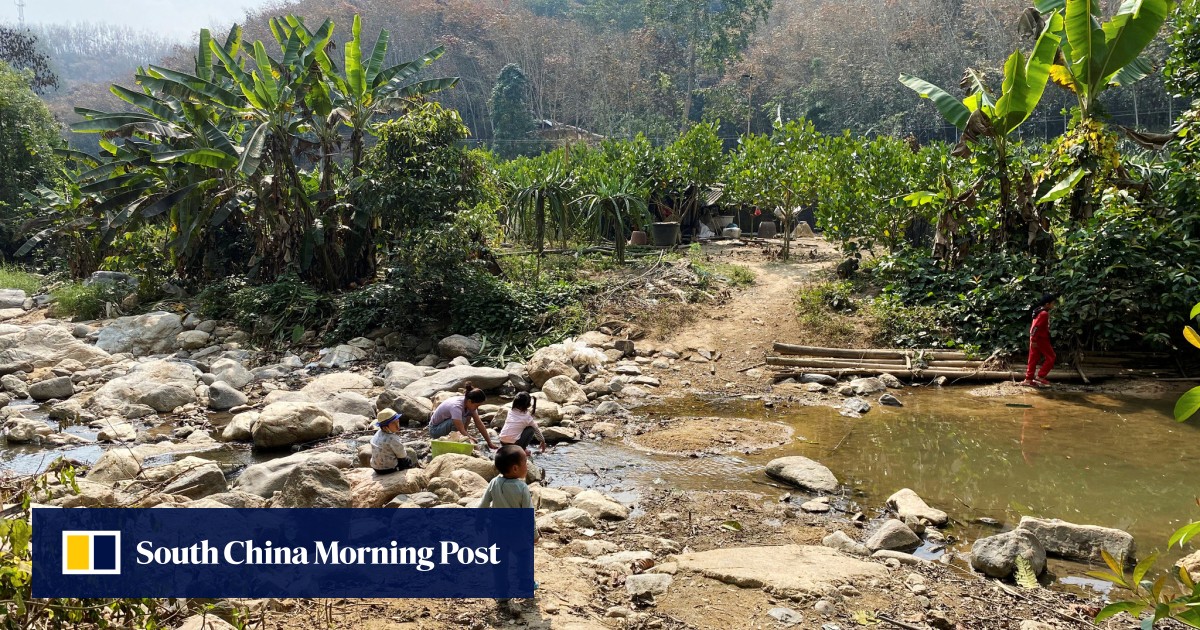China has deported a foreigner for gathering protected plants, warning that external forces had infringed the country’s ecological security.
“The foreigner was instructed by an overseas organisation to illegally dig up and collect specimens and seed samples of thousands of wild plant species, and transported them abroad through illegal channels nearly 2,000 times,” the ministry said.
“The state security agency has expelled him/her in accordance with the law, successfully cutting off the ‘black hand’ of foreign forces that infringed on China’s ecological security.”
The ministry did not say the name or nationality of the defendant or identify the plants taken.
But it said the offender travelled to “dozens of reserves and scenic areas” in Sichuan and Yunnan provinces from 2011 in an operation that lasted nine years.
The provision is one of the expanded parts of the amended law that came into effect in July.
Before the amendment, espionage was defined as stealing, spying, buying, or illegally providing “state secrets or intelligence”.
But it has since been widened to say that all documents, data, materials, and items related to national security and interests have the same protection as state secrets and intelligence.
The ministry also cited the country’s regulations on the import and export of endangered wild fauna and flora, as well as regulations on nature reserves.
Citing the nature reserve regulations, the ministry said “foreigners entering a nature reserve shall be approved in advance by the nature reserve management organ” and must not “engage in [unapproved] activities such as collecting specimens in nature reserves”.
Under new law, China is ‘encouraging citizens to spy on each other’, US says
Under new law, China is ‘encouraging citizens to spy on each other’, US says
China is one of only a few “mega biodiverse” countries in the world. Since 1956, it has established close to 10,000 protected areas of all types and at all levels, accounting for about 18 per cent of its total land area, according to the 2021 State Council white paper “Biodiversity Conservation in China”.
In 2022, the United Nations biodiversity negotiations, which were originally scheduled to be held in Kunming, Yunnan province, moved to Montreal amid Beijing’s pandemic control measures.







